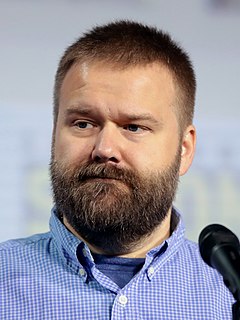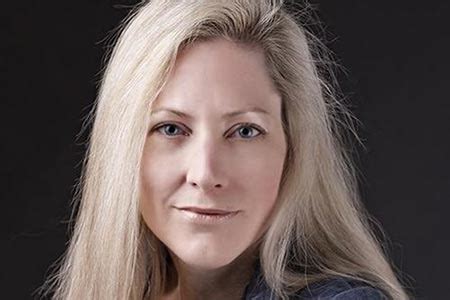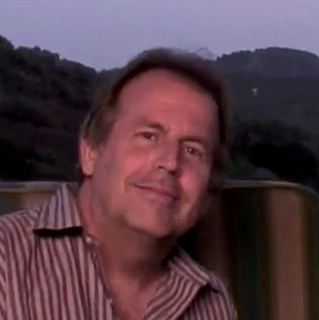A Quote by R. L. Stine
I should be concentrating on writing pages.
Quote Topics
Related Quotes
Should novels generally be 600 pages? No, they should not. Half of writing, maybe 3/4 of writing, is editing. This seems to be a thing that has not gotten through to them. It's my impression that you could get rid of half of most of these books. These people are not good enough to be this long, but they're apparently also not good enough to be shorter.
When you write comic books and when you are writing for television, you're not writing the end product, you are writing notes for someone else to make the end product essentially. My scripts are just directions for the artist to draw pages and the pages are what is seen. I kind of feel like it's a safety net, you're able to hide behind the art to a certain extent, and in television you're able to hide behind the actors and the production, but with novels, your words are it
If you can stand to wait 24 hours before you decide the fate of what you have written - either good or bad - you're more likely to see that invisible thing that is invisible for the first few days in any new writing. We just can't know what all is in a sentence until there are several sentences to follow it. Pages of writing need more pages in order to be known, chapters need more chapters.
I'm tempted to say, 'Writing treatments is like designing a film by hiring six million monkeys to tear out pages of an encyclopedia, then you put the pages through a paper-shredder, randomly grab whatever intact lines are left, sing them in Italian to a Spanish deaf-mute, and then make story decisions with the guy via conference call.' But no... compared to writing treatments, that makes sense, too.
I'm so used to artists saying to me, "Listen, I'm going to have five pages done next week," and then three weeks later I'm phoning them, begging them for two pages. And Stuart [Immonen]is a guy who will promise you five pages and deliver six pages, and the six pages are even better than you could have ever imagined.





































